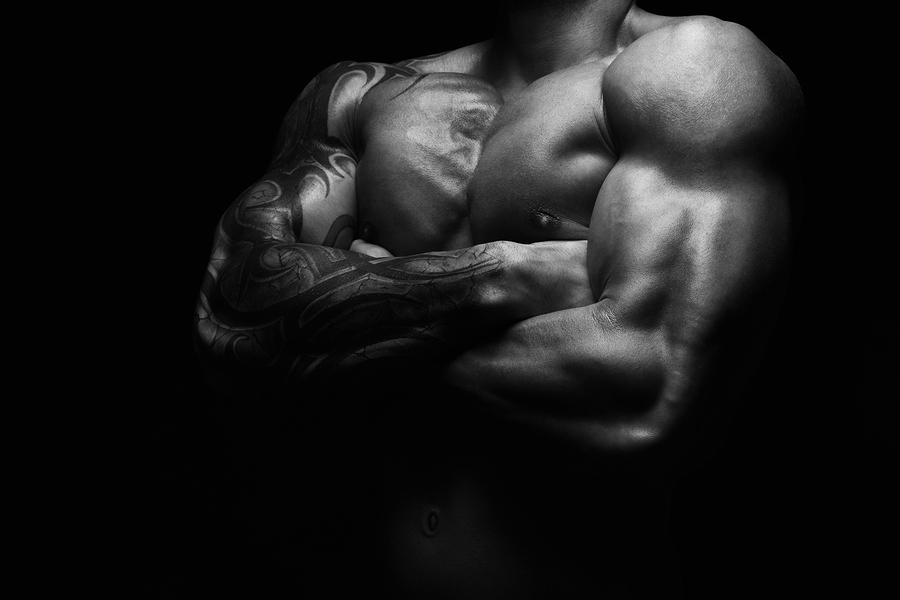
Alcoholism and Masculinity
Historically, alcohol abuse has always been more prevalent among males than females although recent statistics have been slightly shifting. Overall, men tend to become addicted to alcohol more often than women and they tend to binge drink in greater amounts. There is an intricate relationship between alcohol and masculinity as many men feel they must drink alcohol and large amounts of it to prove their manhood or affirm that they are masculine.
Social drinking has traditionally for many years been a cultural symbol of manliness which is often strengthened by media portrayals of alcohol and men. Some theories express that men with alcohol dependencies actually have the most fragile masculine identities that they are attempting to boost by heavy binge drinking.
Male Culture and Social Drinking
Studies show that men not only consume more alcohol but they also have higher frequencies of intoxication and are more likely to form a dependency than women. Certain male subculture and environments tend to encourage excessive drinking such as Greek fraternities which support the notion that alcohol is a rite of passage for men.
Men who are able to drink large amounts of alcohol without much of a physical reaction are considered more manly than those who become sick or cannot handle their booze. Alcohol abuse and a high tolerance then becomes a way to prove masculinity in many male social circles. Research has shown that men who adhere to many of these kinds of masculine norms are actually more vulnerable to peer pressure and are insecure about proving themselves.
Masculinity and the need to adhere to masculine norms can be harmful in a number of different ways. Men who try to conform to strict male codes often experience heightened psychological strain and burden that can exacerbate their alcohol abuse. Drinking alcohol then, serves as a method of both proving their masculinity and an emotional escape from the strain of adhering to these types of male norms. The male norms and codes then appear to be closely linked to alcohol abuse among many men who struggle with their own masculinity.
Men who value other qualities such as self reliance and control may be better equipped to minimize their drinking behavior. On the other hand, men who focus more on physical strength and ability to handle substances will be more likely to test their limits and consume more alcohol than others. In many cases, these are the men who develop dependencies and struggle the most with addiction.